Will alternative payments disrupt traditional payments models?
Payments are very lucrative for the banks and card schemes that make them possible. By taking a very small piece of every payment, the sheer scale means that card schemes and banks make billions in revenue every year.
But is this changing? Alternative Payment Methods (APMs) could mean that fewer and fewer payments are being made through the four party model. Some APMs still use the four party model and for the sake of this discussion are not truly alternatives—for example, adding your debit card to your Google wallet using it to pay still uses the card scheme, albeit with a virtual card. What about the APMs that avoid it entirely?
Direct debit and faster payments
Direct debits are over 50 years old but remain popular as a payment method, as consumers can set them up easily for recurring subscriptions, cancel them when necessary, and request a chargeback when things go wrong. Subscriber models are increasingly popular—Netflix is becoming more popular than buying dvds, Spotify has beaten the record store—so the humble direct debit could take a bigger slice of payments in future.
Similarly, real-time payments are an increasingly popular way to move money between bank accounts. But as a “push” rather than “pull” payment method, there are risks for the consumer and very little if any protection similar to a chargeback.
Alternative currencies
Could cryptocurrencies disrupt the four party system?
Both Visa and Mastercard had previously been wary of talking about crypto payments—describing it as a “store of value” rather than a true currency. But this is changing.
After partnering with 35 various bitcoin and cryptocurrency platforms in recent years, Visa recently announced it plans to help banks roll out bitcoin and cryptocurrency buying and trading services with a Visa crypto software program, set to launch later this year.
PayPal, the most popular payment app in Europe, gave crypto payments a major shot in the arm late last year. It announced that its customers will be able to buy and sell Bitcoin and other virtual currencies using their PayPal accounts.
With interest in crypto growing and growing, the biggest players in the industry are exploring ways to address demand.
Whether this will disrupt the four party system remains to be seen.
However, there is one significant roadblock, Crypto transfers are not real-time—sometimes they can be painfully slow, which may make their use as a currency limited. Only by addressing the underlying settlement infrastructure can crypto payments mirror fiat ones.
Open Banking payments
This is potentially the biggest threat to the dominance of the card schemes. The APIs that are now mandatory thanks to Open Banking make it possible for businesses to request payments from customers in a way that completely circumvents card schemes—the payment is initiated by a regulated third party on behalf of the merchant directly from the consumers’ bank account, with the consumer providing permission. The funds are then settled in real-time using FasterPayments.
Are the card schemes worried? Visa’s attempt to buy Plaid and Mastercard’s acquisition of Vocalink and Finicity have been seen by some as a way to head off this threat. If payments can be made directly from a bank and in real-time then that’s great for merchants and other fintechs. Another plus is that Open Banking payments are based on a fixed price model rather than a variable one, making these types of payments cost effective.
Does this mean that we won’t need schemes at all? Unlikely, schemes do a great deal in the background that adds significant value for merchants and financial institutions, not to mention card holders themselves. Security is an obvious area where they offer additional protections that other payment types cannot.
The four party model is here to stay… for now
The card schemes - and the industry as a whole - may be looking at how they can adapt to the future of payments, but for the immediate future at least, many payments will be made using the four party model. It’s trusted, secure, and has protections built in for the consumer.
The shift we’ll see in the business model of payments will be determined by how different service providers incentivise different payment types. Merchants, banks and fintechs will incentivise particular ways to pay based on reduced costs, higher revenues, higher conversion or better insight into customer behaviour. Some payment types will be better for merchants, and some will be better for banks and fintechs. Only time will tell as to the impact on the business models of payments. One thing is for sure - they will change.
Want to know the benefits of adding a card programme to your crypto exchange?
Check it here >



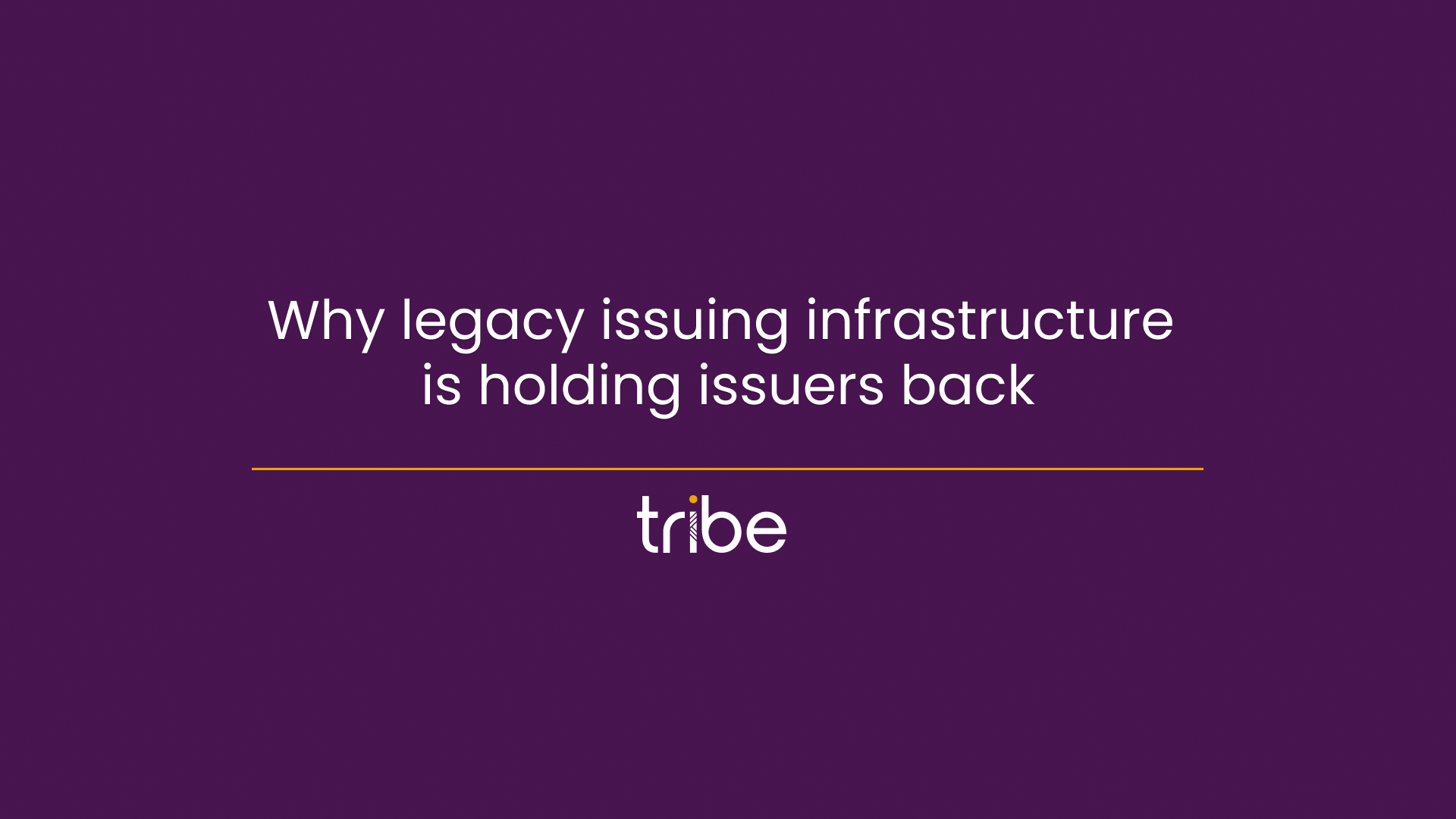
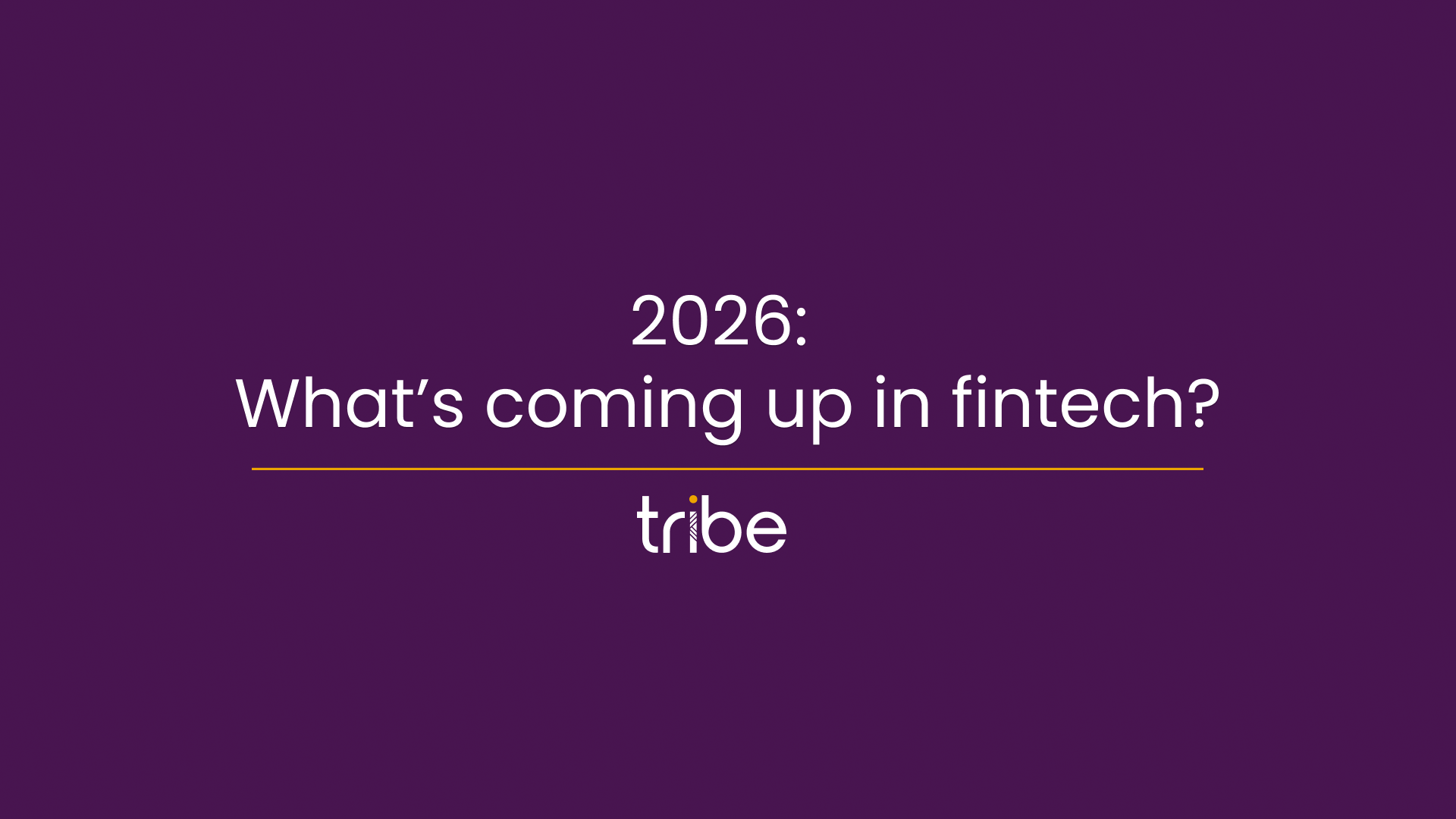
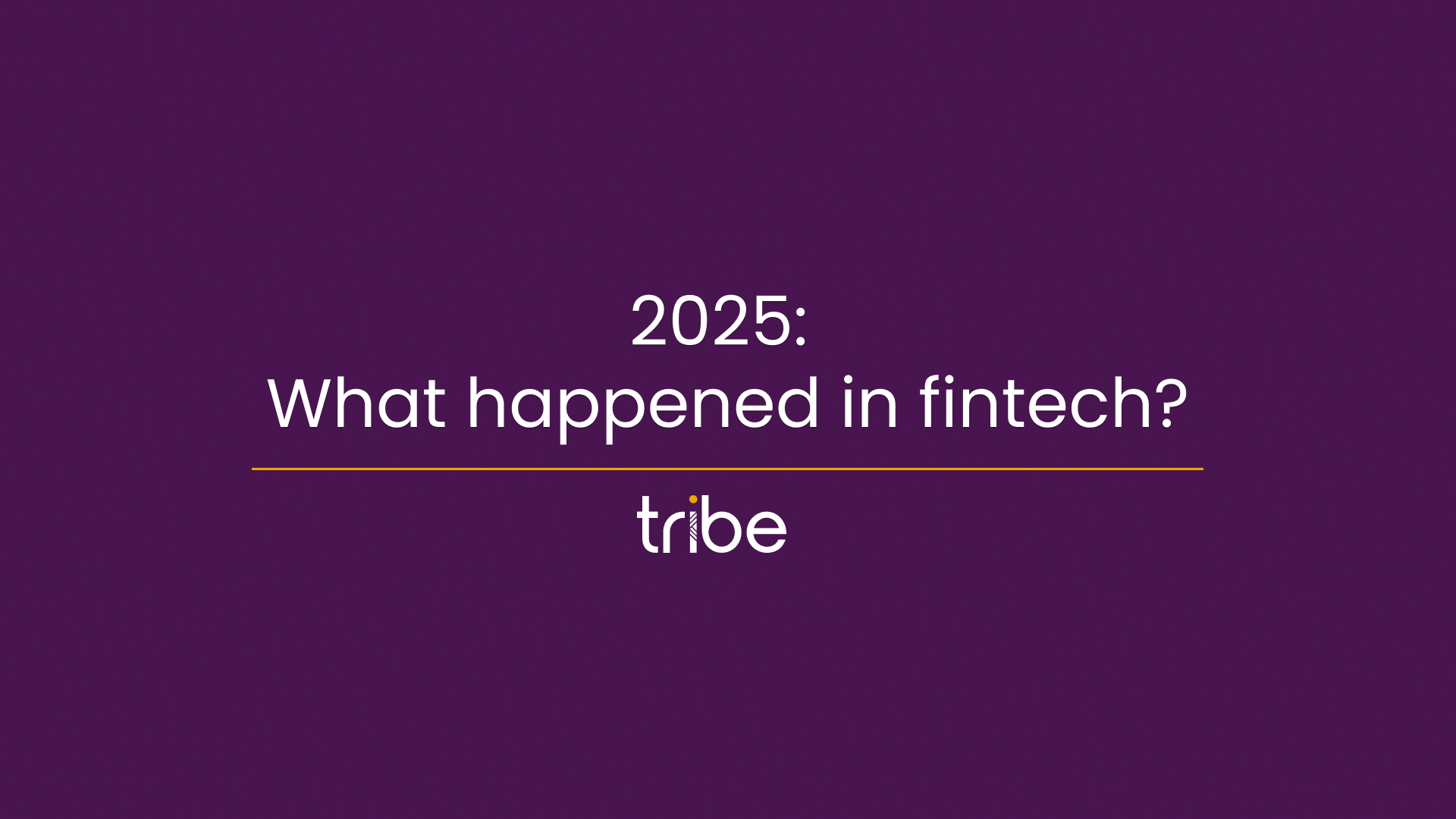
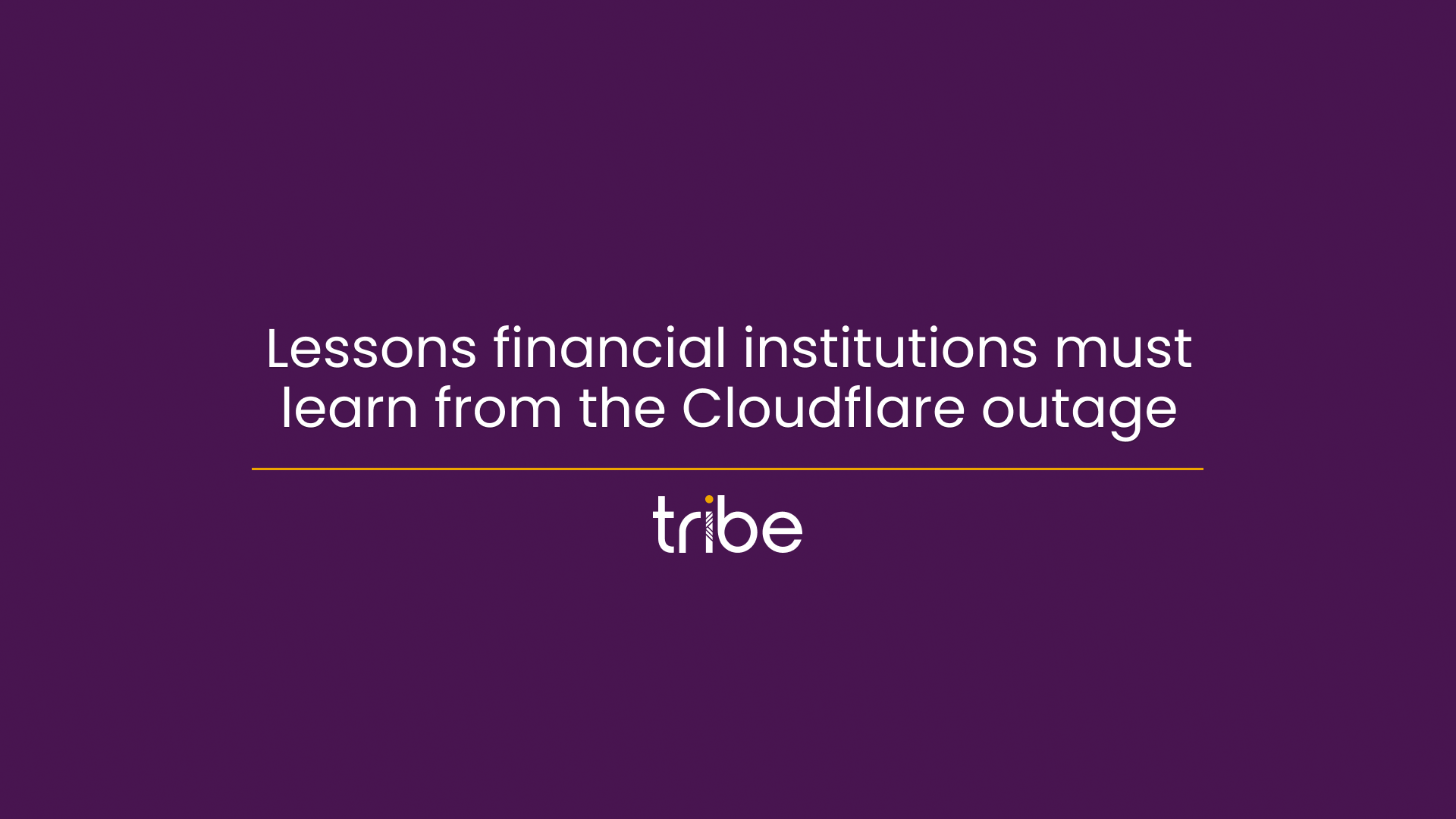
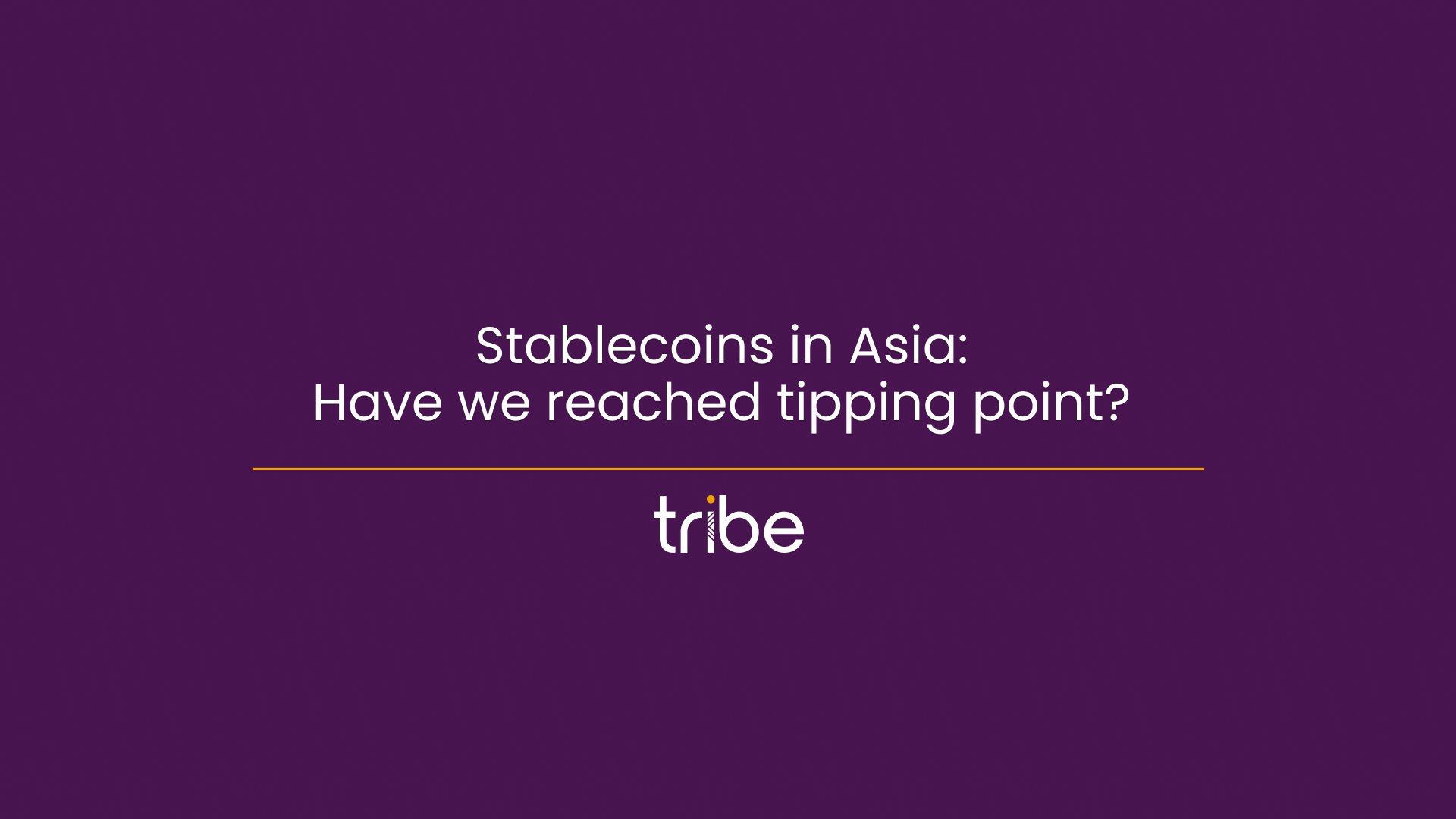
.png)



.png?width=137&height=90&name=Payments%20Awards%20(1).png)


.png)